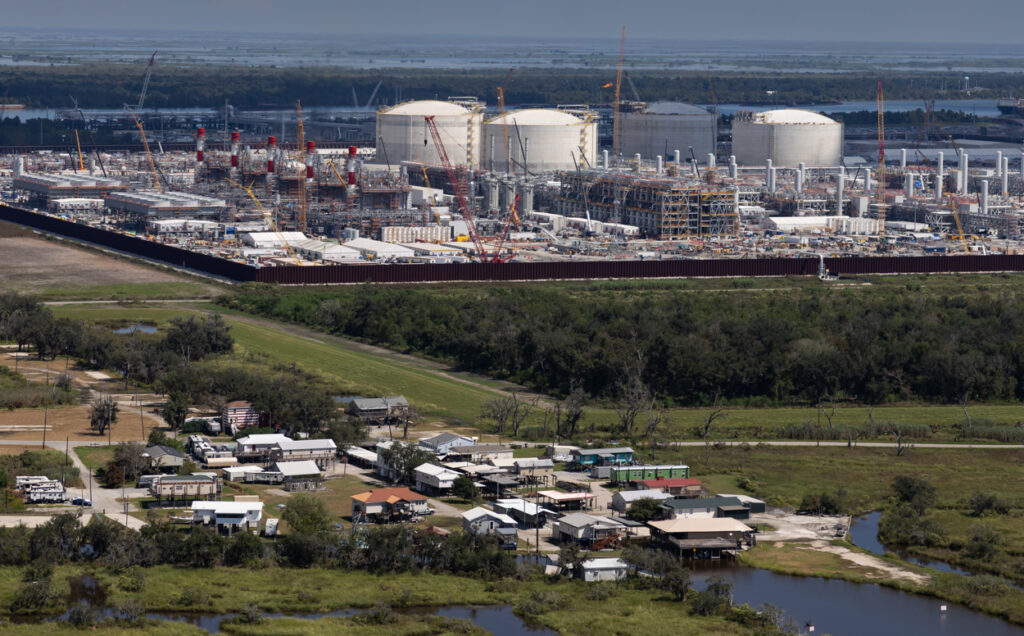It would be nice to be proved wrong by coming events, but the promise of an APEC declaration on climate change seems like another triumph of public relations over policy.
The Asia Pacific Economic Cooperation (APEC) forum that begins in Sydney, Australia this week is being pitched as an opportunity for countries in the Asia Pacific region to “focus” on climate change, perhaps even resulting in a culminating declaration.
“The adoption of the declaration would demonstrate the determination and positive attitude of the APEC members to address the challenge and raise public awareness in an aim to boost the regional and international cooperation on the issue,” Chinese assistant foreign minister Sui Tiankai said at a recent press conference in Beijing.
Australian Prime Minister John Howard (inset) whose government has refused o sign the Kyoto Accord and who has resisted all attempts to set actual targets to fight climate change, said that he hoped to use the annual meeting to create a new approach to tackling the issue of climate change.
“We should strive to find agreement on principles for international action that genuinely address the problem,” he said.
Prime Minister Howard said that he hoped APEC leaders would also go “beyond agreement on principles” to set a ” long-term aspirational goal” for reducing greenhouse gas emissions.
This appears to be part of the increasingly popular attempt by resistant governments to SAY they are taking climate change seriously while doing nothing serious about it. Australia’s “principles” on climate change were clear enough when it helped to create the anti-Kyoto Asia-Pacific Partnership on Clean Development and Climate: it seemed largely a matter of making the world safe for unrestrained coal exports.
Now, we have the prospect of the more formal and influential APEC organization joining this campaign to set a “long-term aspirationial goal.”
It’s instructive in these circumstances to listen closely to what people are actually saying. A goal, traditionally, is something that you want to achieve. A “long-term aspirational goal,” on the other hand, sounds very like something that you would like to put off, or perhaps merely enshrine in a declaration while continuing to undermine the single international agreement (Kyoto) that has real and measurable climate change “goals.”
There has been real movement in the last year on this issue. U.S. President George Bush, Canadian Prime Minister Stephen Harper and Australia’s Prime Minister Howard no longer try to deny the science of climate change.
But their new tactic – nodding enthusiastically to a worried electorate while continuing to block international action – is still just so much spin. Until the world’s largest energy producers (including coal countries like the U.S. and Australia) stop talking “aspirations” and start committing to measurable targets, there is no reason to take their declarations as anything more than public relations in its most poverty stricken form.
Subscribe to our newsletter
Stay up to date with DeSmog news and alerts







